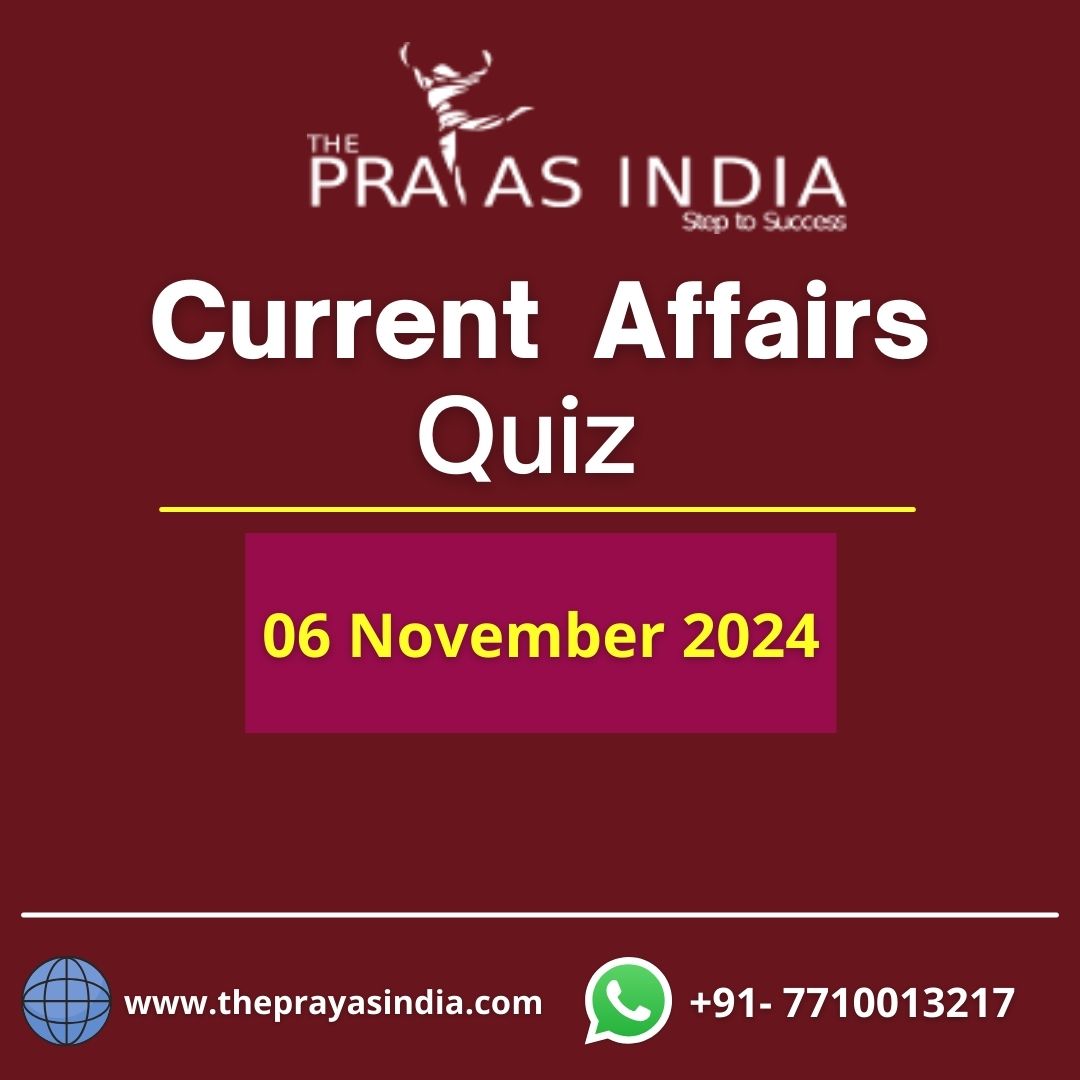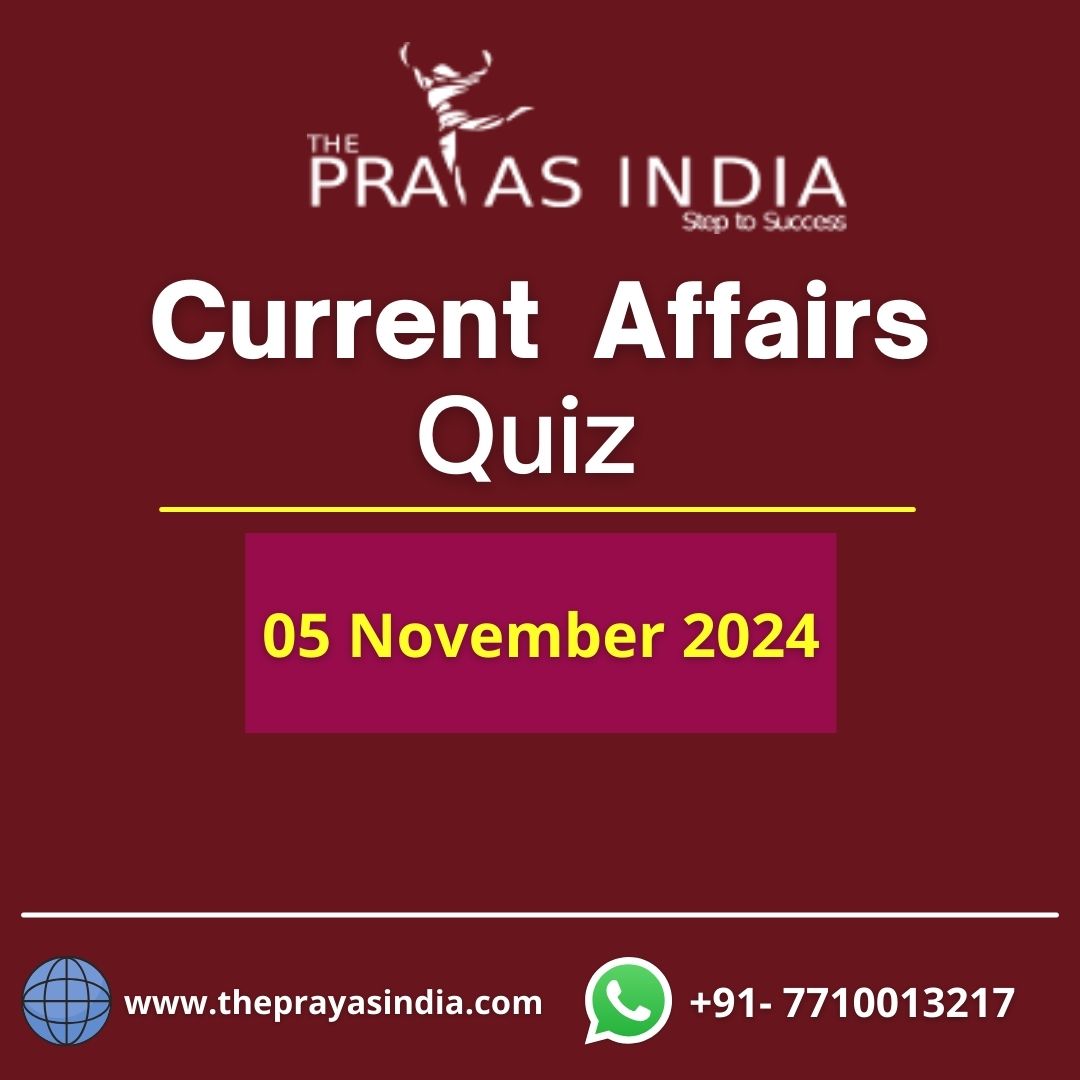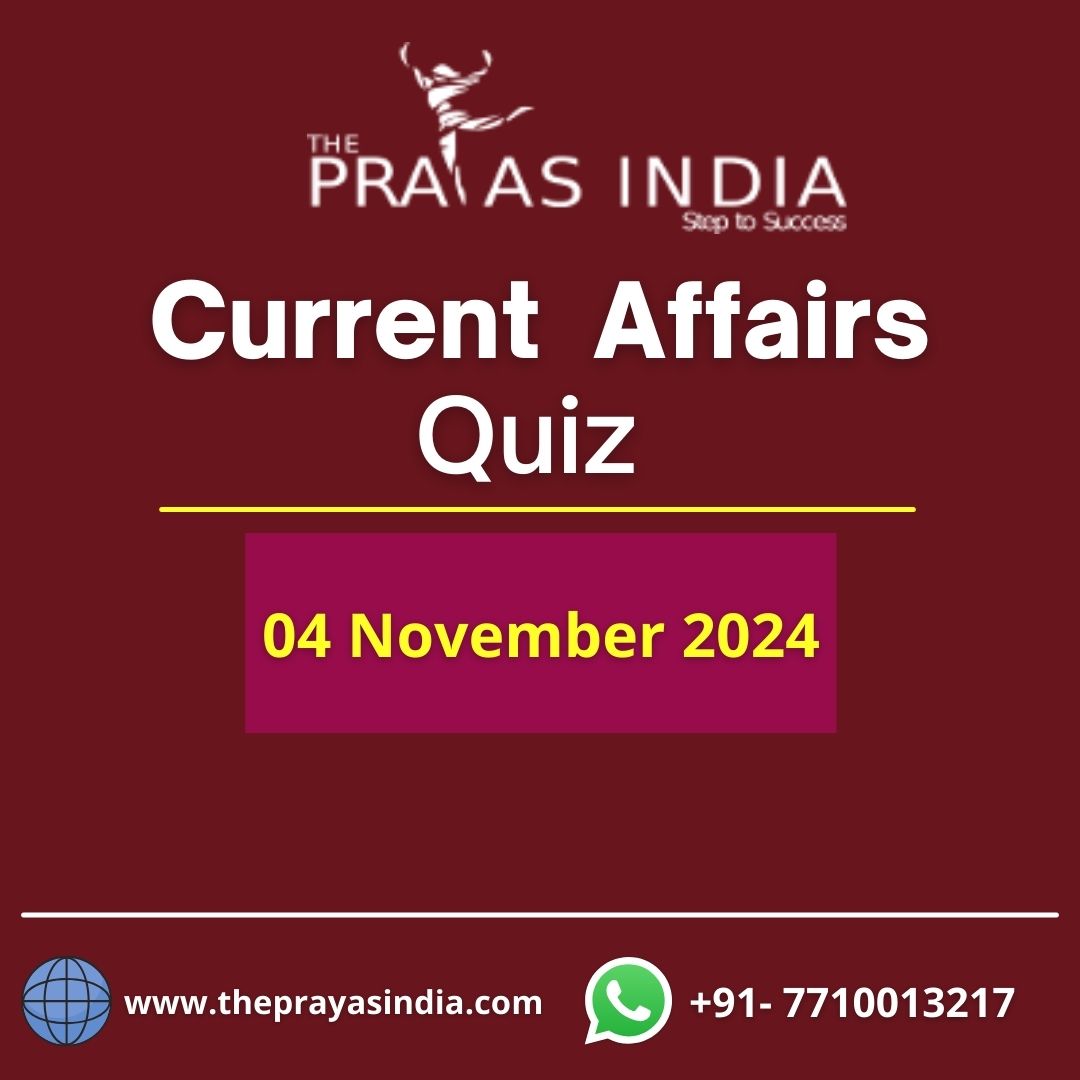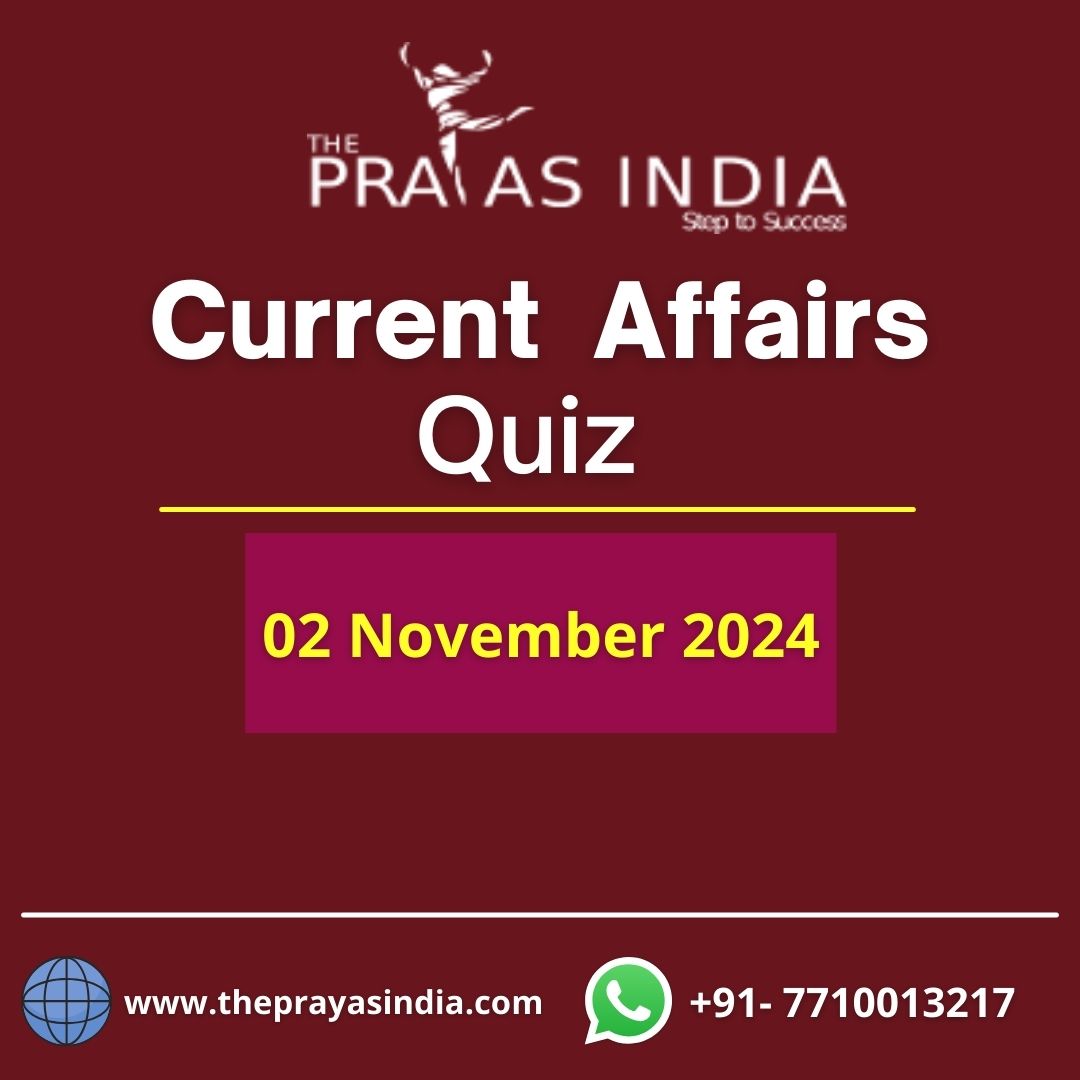Q1. Which of the following statements is/are correct?
- ‘Dictionary of Martyrs of India’s Freedom Struggle’ was commissioned by the Ministry of Culture to commemorate the 150th anniversary of the uprising of 1857.
- It contains an account of the martyrs from India’s First War of Independence in 1857 to India’s Independence in 1947.
- It was compiled by the Indian Council of Historical Research (ICHR).
- 1 and 2 Only
- 1 and 3 Only
- 2 and 3 Only
- 1, 2 and 3
D: Explanation
- The Ministry of Culture has released the Dictionary of Martyrs of India’s Freedom Struggle in 2019. Hence Statement 1 is correct.It contains an account of the martyrs from India’s First War of Independence in 1857 to India’s Independence in 1947. Hence Statement 2 is correct.The project was compiled by the Indian Council of Historical Research (ICHR) to commemorate the 150th anniversary of the uprising of 1857. Hence Statement 3 is correct.It includes ex-INA or ex-military personnel who died fighting the British. It includes the martyrs of the 1857 Uprising, Jallianwala Bagh Massacre (1919), Non-Cooperation Movement (1920-22), Civil Disobedience Movement (1930-34), Quit India Movement (1942-44), Revolutionary Movements (1915-34), Kisan Movements, Tribal Movements, Agitation for Responsible Government in the Princely States (Prajamandal), Indian National Army (INA, 1943-45), Royal Indian Navy Upsurge (RIN, 1946), etc. Information of about 13,500 martyrs has been recorded in these volumes.
Q2. Foreign funding restrictions on NGOs are placed under which law?
- Foreign Contribution Regulations Act
- Prevention of Money Laundering Act
- Reserve Bank of India Act
- Conservation of Foreign Exchange and Prevention of Smuggling Activities Act
A: Explanation
- FCRA was enacted with an aim to regulate the utilization of foreign contributions/hospitality by individuals, associations to keep it consistent with the values of a sovereign, democratic republic. The FCRA was enacted in 1976 in order to maintain strict control over voluntary organizations and political associations that received foreign funding.It is an act passed for regulating and prohibiting the acceptance and utilization of foreign contribution or foreign hospitality by companies, associations or individuals for such activities that could prove to be detrimental to the national interest and for matters connected therewith or incidental thereto. Hence Option A is correct.
Q3. Which of the following statements is/are correct?
- The International Solar Alliance (ISA) was launched by Prime Minister Modi ahead of the 2015 Paris summit of the Climate Change Convention.
- Its membership has been limited to only those countries that fall within the tropics.
- The alliance has partnered with the World Bank to launch the Global Solar Atlas.
- 1 and 2 Only
- 1 and 3 Only
- 2 and 3 Only
- 1, 2 and 3
B – Explanation:
- In 2015, PM Narendra Modi and former President of France, Francois Hollande announced the launch of the International Solar Alliance (ISA) at the 2015 Paris summit. Hence Statement 1 is correct.The aim of this organization is to increase the use of solar energy. This organization was backed by 120 countries present in the tropical belt. The International Solar Alliance is a group of nations that lie within the Tropics (Tropic of Cancer and Tropic of Capricorn) and receive sunshine for more than 300 days. Hence Statement 2 is not correct.
- The World Bank, in partnership with the International Solar Alliance (ISA), launched the Global Solar Atlas. Hence Statement 3 is correct.
- It is a free, web-based tool to help investors and policymakers identify potential sites for solar power generation virtually anywhere in the world.
Q4. Consider the following statements regarding MANPADS (Man-Portable Air-Defence Systems):
- MANPADS are short-range, lightweight and portable surface-to-air missiles that can be fired to destroy aircraft or helicopters.
- They are most effective in targeting high-flying aircrafts.
- The first MANPADS were introduced by the Soviet Union in the 1960s.
Which of the statements given above is/are correct?
- 1 and 2 Only
- 1 and 3 Only
- 2 and 3 Only
- 1, 2 and 3
B – Explanation:
Man-Portable Air-Defence Systems (MANPADS):
- MANPADS are short-range, lightweight and portable surface-to-air missiles that can be fired by individuals or small groups to destroy aircraft or helicopters. Hence, statement 1 is correct.They help shield troops from aerial attacks and are most effective in targeting low-flying aircrafts. Hence, statement 2 is not correct.MANPATs or Man-Portable Anti-Tank Systems work in a similar manner but are used to destroy or incapacitate military tanks.MANPADS have a maximum range of 8 kilometres and can engage targets at altitudes of 4.5 km.The first MANPADS were introduced by the United States and Soviet Union in the 1960s.Hence, statement 3 is correct.
Q5. Which of the following countries does not surround the Persian Gulf?
- Bahrain
- Iran
- Yemen
- Saudi Arabia
C: Explanation
Persian Gulf:
- It is a shallow marginal sea of the Indian Ocean that lies between the Arabian Peninsula and southwestern Iran. The sea has an area of about 93,000 square miles (241,000 square km). Its length is some 615 miles (990 km), and its width varies from a maximum of about 210 miles (340 km) to a minimum of 35 miles (55 km) in the Strait of Hormuz.The countries that surround the Persian Gulf are: Bahrain, Iran, Iraq, Kuwait, Qatar, Saudi Arabia, and the United Arab Emirates.Hence option C is correct.
Q6. Which of the following fundamental rights is only available to the Indian Citizens?
- Equality before law and equal protection of laws.
- Equality of opportunity in matters of public employment.
- Right to elementary education.
- Prohibition of employment of children in factories etc.
B – Explanation:
- Fundamental rights available only to citizens and not to foreigners
- Fundamental rights available to both citizens & foreigners (except enemy aliens)
- Article 15: Prohibition of discrimination on grounds of religion, race, caste, sex or place of birth.
- Article 14: Equality before law and equal protection of laws.
- Article 16: Equality of opportunity in matters of public employment.
- Article 20: Protection in respect of conviction for offences.
- Article 19: Protection of six rights regarding freedom of (speech and expression, (ii) assembly (iii) association, (iv) movement (v) residence and profession.
- Article 21: Protection of life and personal liberty.
- Article 29: Protection of language, script and culture of minorities.
- Article 21A: Right to elementary education.
- Article 30: Right of minorities to establish and administer educational institutions.
- Article 22: Protection against arrest and detention in certain cases.
- Article 23: Prohibition of traffic and human beings and forced labour.
- Article 24: Prohibition of employment of children in factories etc.
- Article 25: Freedom of conscience and free profession, practice and propagation of religion.
- Article 26: Freedom to manage religious affairs.
- Article 27: Freedom from payment of taxes for promotion of any religion.
- Article 28: Freedom from attending religious instruction or worship in certain educational institutions.
Q7. Consider the following statements:
- The Ganges river dolphin can only live in freshwater and is essentially blind.
- The Gangetic dolphins are a reliable indicator of the health of the entire river ecosystem.
Which of the statements given above is/are correct?
- 1 Only
- 2 Only
- Both 1 and 2
- Neither 1 nor 2
C: Explanation
- The Gangetic Dolphin (Platanista gangetica gangetica)was officially discovered in 1801.They live in the Ganges-Brahmaputra-Meghna and Karnaphuli-Sangu river systems of Nepal, India, and Bangladesh.The Ganges river dolphin can only live in freshwater and is essentially blind. Hence, statement 1 is correct.They hunt by emitting ultrasonic sounds, which bounces off of fish and other prey, enabling them to “see” an image in their mind. They are also called ‘susu’.The global population of the species is estimated at 4,000, and nearly 80% found in the Indian subcontinent.It is a reliable indicator of the health of the entire river ecosystem. Hence, statement 2 is correct.
Q8. PM-DAKSH Scheme has been recently in the news. It is related to which of the following?
- Indigenous Drone development
- Development of Tourist circuits
- Skill development for marginalised sections
- Bringing Green revolution to North east India
C: Explanation
PM-DAKSH Scheme:
- It is being implemented from the year 2020-21.Under this, eligible target groups are provided with the skill development training programmes on Short Term Training Program; Up-Skilling/Reskilling; Entrepreneurship Development Programme, and Long Term Training Programme.These training programmes are being implemented through the government training institutes, sector skill councils that have been constituted by the Ministry of Skill Development and Entrepreneurship, and other credible institutions.
- Eligibility:
- Marginalised persons of SC, OBC, EBC, Denotified tribes, Sanitation workers including waste pickers, manual scavengers, transgenders and other similar categories.Hence, option C is correct.
Q9. Consider the following statements with respect to International Court of Justice (ICJ):
- States that ratify the Rome Statute become parties to the ICJ.
- The ICJ is composed of 15 judges and they have a tenure of six years each.
- The ICJ can suo moto take up a case in case of genocide.
Which of the statements given above is/are correct?
- 1 and 2 Only
- 1 and 3 Only
- 2 and 3 Only
- 1, 2 and 3
D : Explanation
- Statement 1 is not correct. All the 193 member states of the UN are automatically parties to the Court.
- Those nations that are not members of the UN may become parties to the Court’s statute with the help of the Article 93 procedure.Statement 2 is not correct. The ICJ is composed of 15 judges and they have a tenure of nine years each.Statement 3 is not correct. The ICJ cannot take up a case suo moto. It can only hear cases or disputes when requested by States.
Q10. Which of the following statements is/are correct?
- The power to grant citizenship lies with the Home Ministry.
- The power of the Government of India to expel foreigners is absolute and unlimited.
- 1 Only
- 2 Only
- Both 1 and 2
- Neither 1 nor 2
C:Explanation:
- Statement 1 is correct. The power to grant citizenship lies with the Home Ministry.Statement 2 is correct. The Foreigners Act confers the power to expel foreigners from India. It vests the Union Government with absolute and unfettered discretion. Hence, the power of the Government of India to expel a foreigner is absolute and unlimited.




